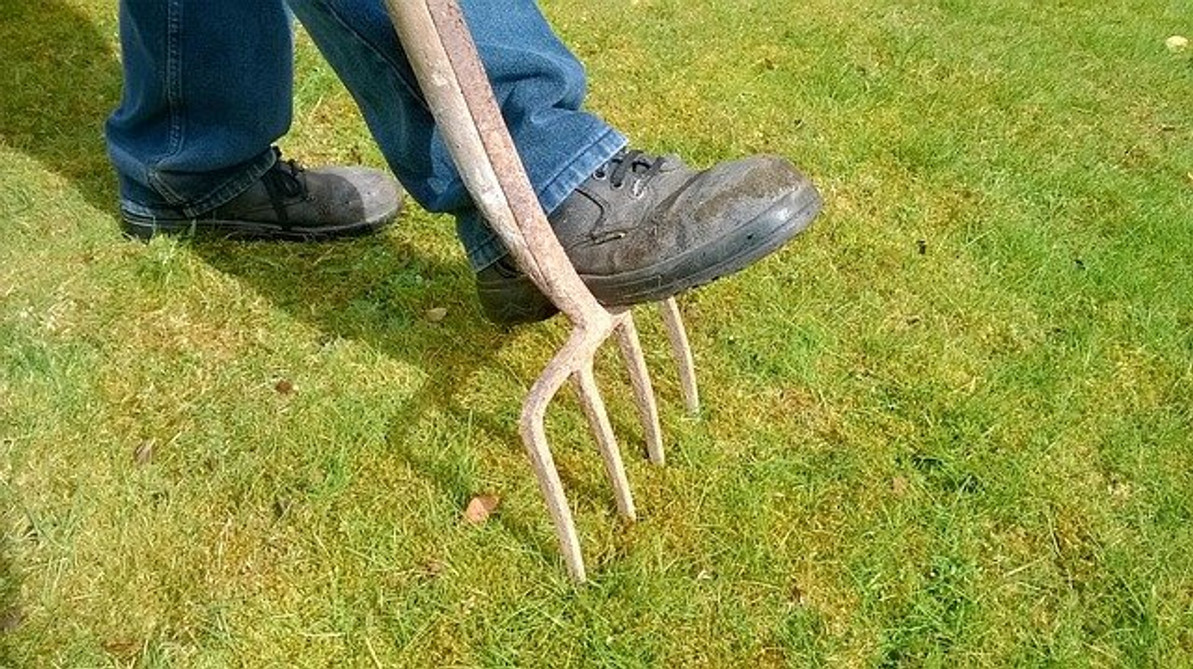How to Protect Against Ticks When Working Outdoors
They may be small, but ticks can carry some pretty horrendous disease-causing pathogens. According to the U.S. Centers for Disease Control and Prevention (CDC), over 47,000 cases of tick-borne disease were reported in 2018. If your job requires you to work outside in a wooded area, you should take measures to protect yourself from these parasitic arachnids.
Cover Your Legs and Arms
One of the most effective ways to protect against ticks when working outdoors is to cover your legs and arms. In other words, wear full-length pants and a long-sleeve shirt. Like most pests, ticks must reach your skin in order to bite you. Wearing shorts and a short-sleeve shirt means your legs and arms will be exposed. If you walk through brush, you may pick up a tick. With full-length pants and a long-sleeve shirt, on the other hand, your skin will be covered and, therefore, better protected against ticks.
Wear Boots
Wearing boots can also lower your risk of being bitten by a tick. Ticks are often found in tall brush and grass. When you walk through tall brush or grass, a tick may attach itself to your ankle. Boots, however, are typically taller than traditional athletic and tennis shoes. They'll cover your ankles when worn so that you are less likely to pick up a tick outdoors.
Choose Light-Colored Clothing
The U.S. Occupational Health and Safety Administration (OSHA) recommends wearing light-colored clothing to protect against ticks. How does the color of your clothing affect your risk of being bitten by a tick exactly? With light-colored clothing, ticks will be noticeable. You may struggle to spot a tick on a black-colored garment. If the garment is white or light blue, conversely, the tick will probably stand out, in which case you can remove it.
Use Insect Repellent
Of course, you can use insect repellent to protect against ticks when working outdoors. DEET-based insect repellent is highly effective at preventing tick bites. It repels most human-biting insects, and ticks are no exception. If you're working in a wooden or otherwise dense outdoor space, consider applying DEET-based insect repellent to your clothing.
Check Yourself
Even if you follow these tips, you should still check yourself for ticks after working outdoors. Ticks usually don't bite immediately. Rather, they'll crawl around their host's skin while searching for the right place. By checking yourself, you may be able to find and remove a tick before it bites you.
Recent Posts
-
Fire Safety in the Workplace: What You Need to Know
What steps are you taking to prevent fires in your workplace? According to the U.S. Occupational Saf …Aug 23rd 2023 -
Is It Safe to Go Jogging With a Cold Infection?
If you're suffering from a cold infection, you might be wondering whether it's safe to go jogging. T …Aug 22nd 2023 -
5 Safety Tips to Follow When Using a Powder-Actuated Tool
Powder-actuated tools are commonly used to join materials to steel and concrete. Also known as Hilti …Aug 20th 2023




